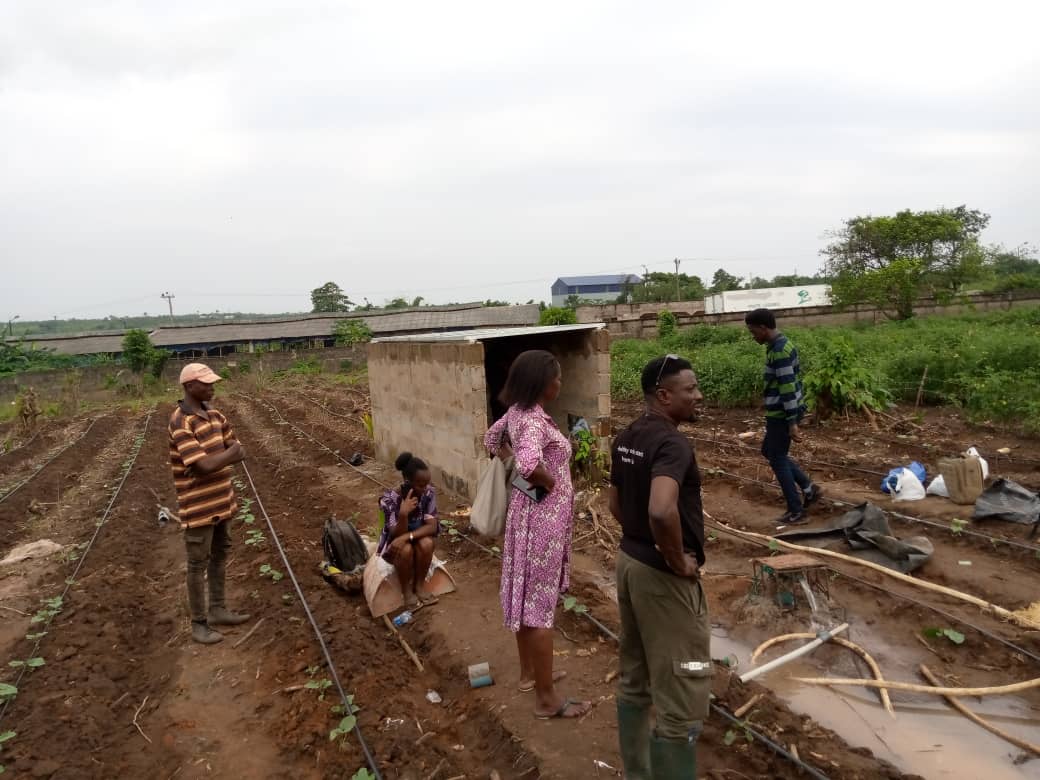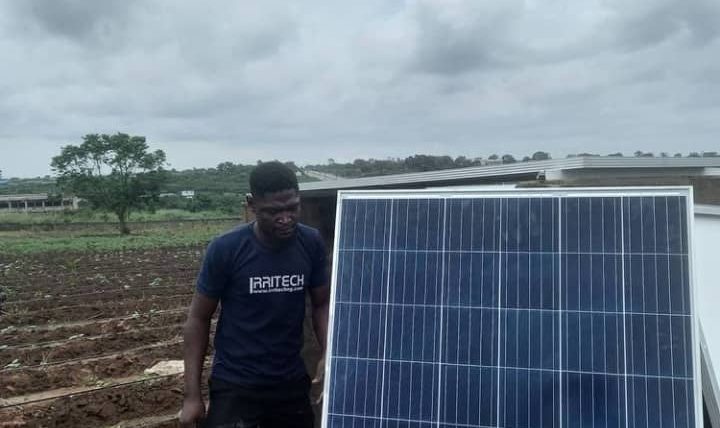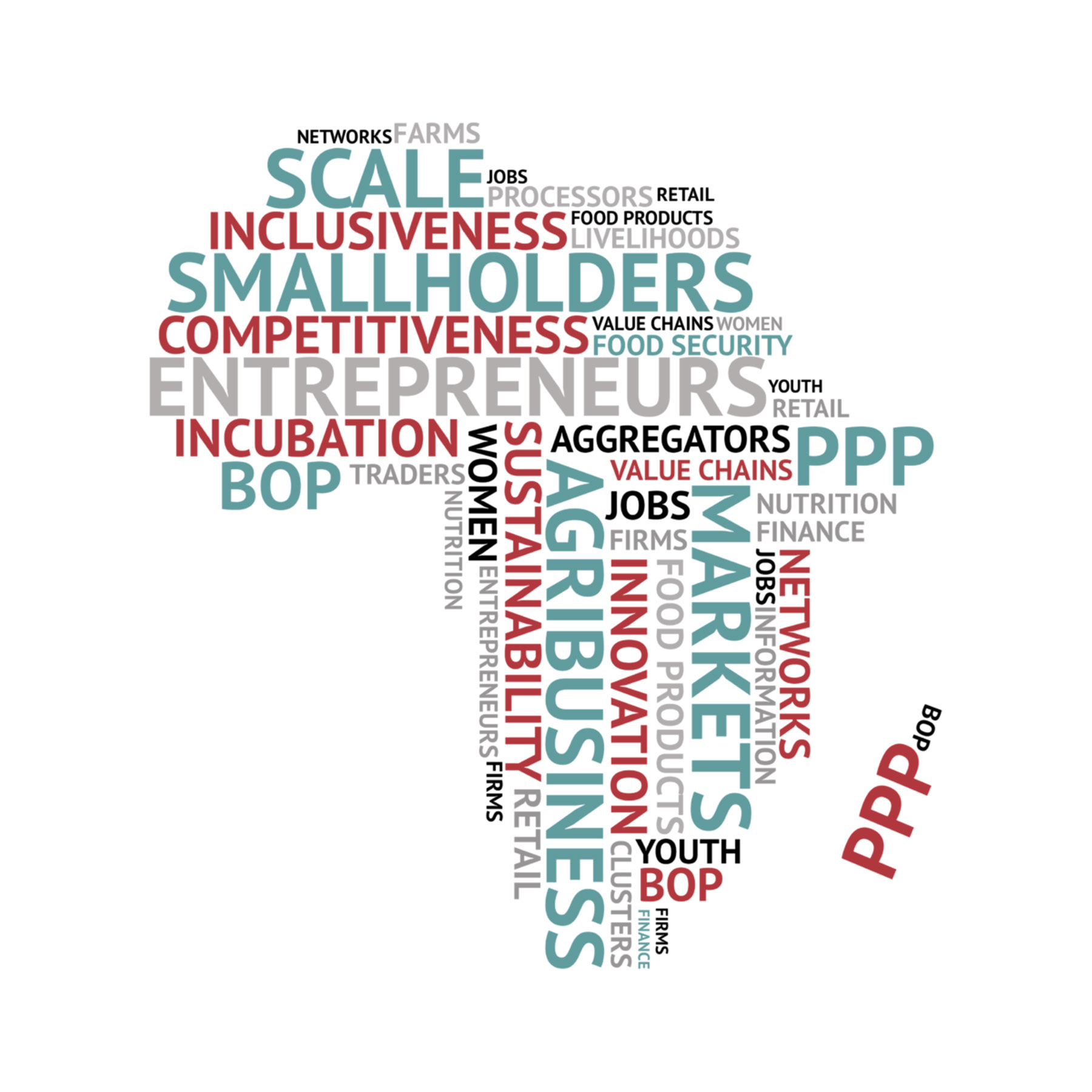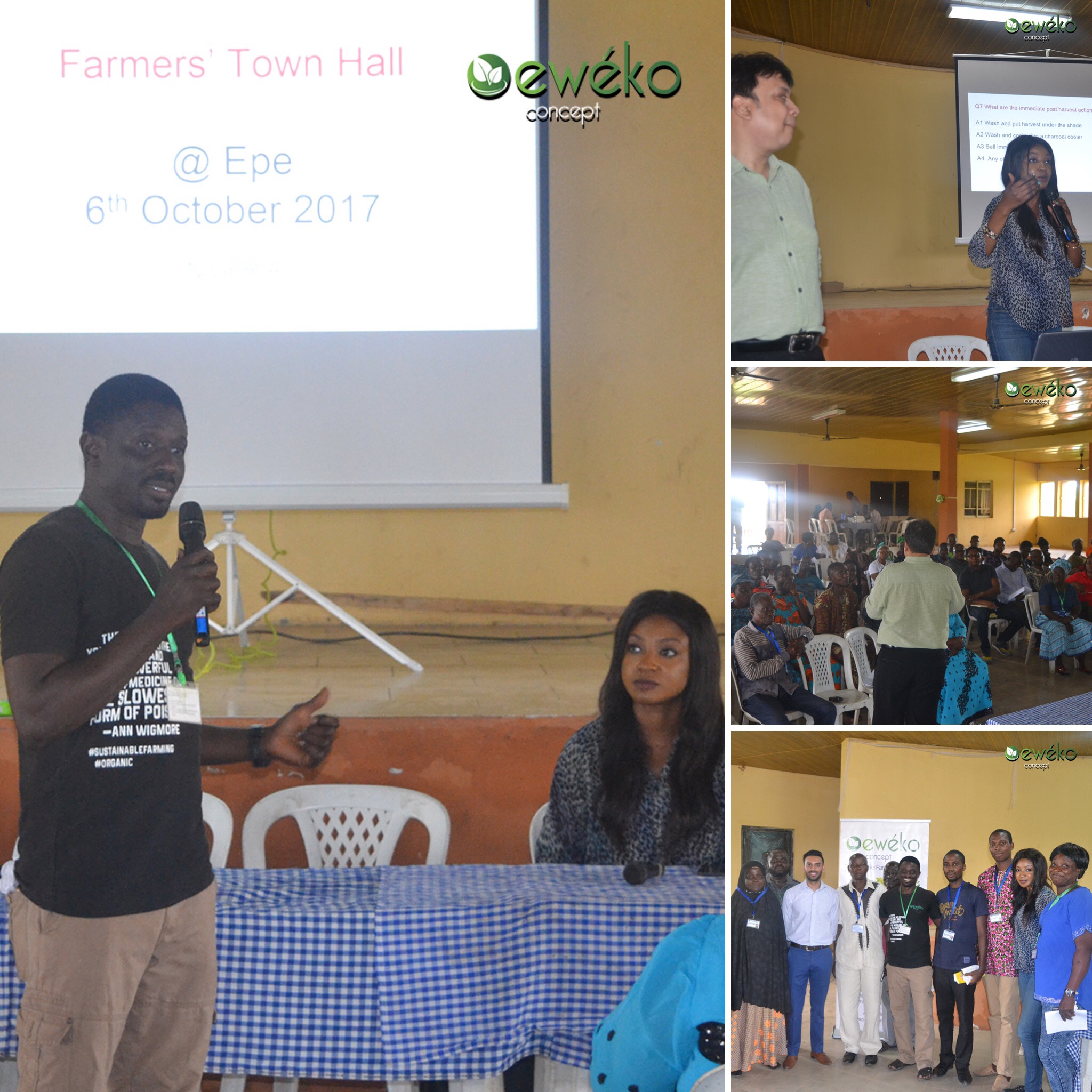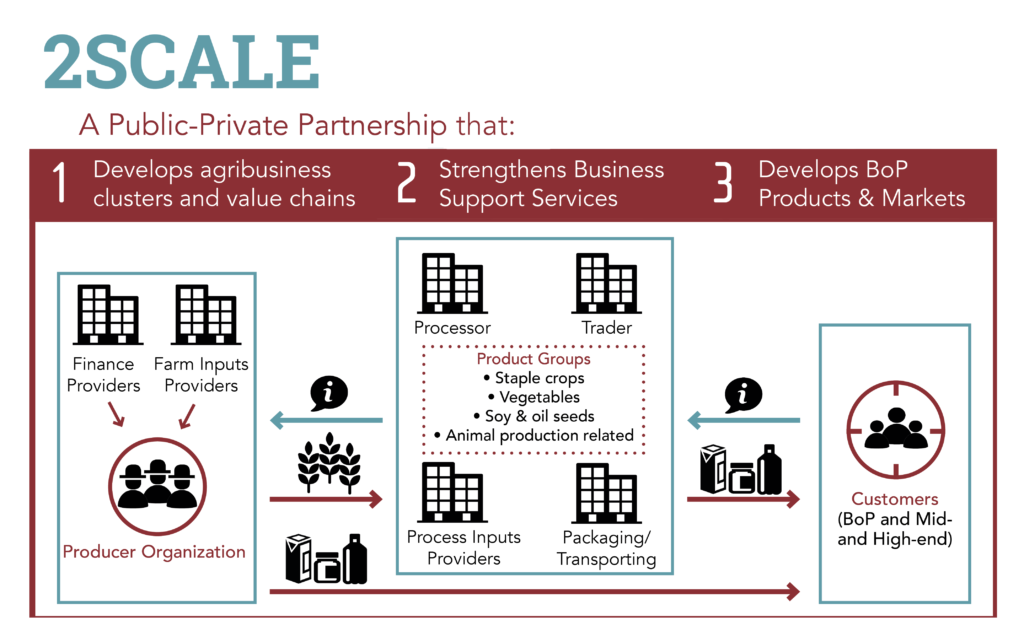Solar Irrigation: Towards Reducing Cost of Production – Epe Agribusiness Cluster Adopting Innovation
Solar Irrigation: Towards Reducing Cost of Production – Epe Agribusiness Cluster Adopting Innovation
Use of Irrigation has been the major alternative means of providing crops with water in the absence of rainfall. However, the cost of powering irrigation equipment and engines which is mostly by fuel. The cost of fuel in Nigeria is rising everyday and the problem of scarcity as been a major challenge leading to high cost of production, thereby the need for an alternative source of power is important than ever.
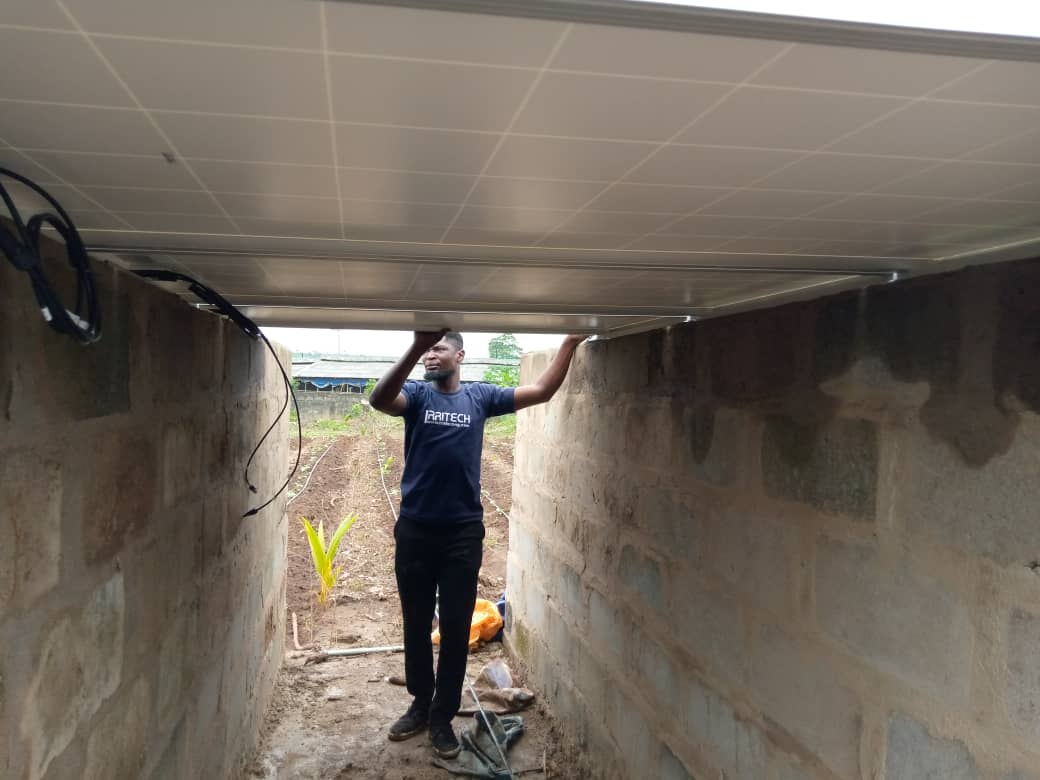
Eweko Concept is an agribusiness firm engaged in food production and provision of services in the agribusiness space with focus on smallholder farmers. Agricultural value chain development with support services that promotes inclusive business and improve the livelihoods, particularly within the rural areas.
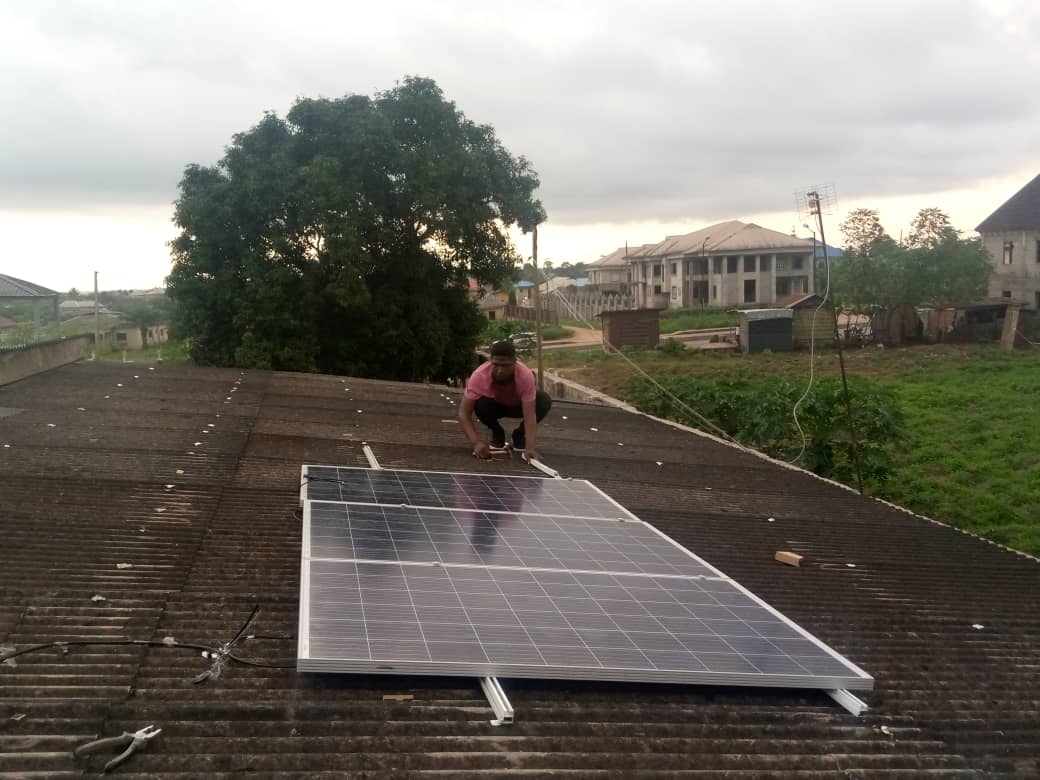
IrriTech Nigeria Limited provides life transforming Technologies foe smallholder farmers, by providing them with low cost highly efficient, Micro – Irrigation systems and agricultural training and Consultancy services.
Farmers have always played a significant role in our society as they provide the world’s population with food. However, one may forget that, not only do they provide food but they also provide energy, which nowadays, is of paramount importance, especially as in light of renewable energies. Indeed, farmers can produce energy from the wind, the sun or the biomass and they can use it for their own farm, or, if they have a surplus, resell it to companies.
Solar energy might be one of the easiest ways for farmers to produce energy. Indeed, farmers usually have several large buildings whose roofs are directly under the sun, without being hindered by the shadows of the trees, turning them into an ideal place to settle a photovoltaic system. Therefore, the use of solar energy in agriculture is becoming increasingly popular and the energy produced from this renewable source can be used either on the farm or in the local power grid, providing the farmer with an additional income.
One of the areas in agriculture that benefits the most from solar energy is irrigation, especially in arid regions. The main reason is that using the sun for irrigation represents a virtuous circle: when the sun shines, it feeds the irrigation system, well, we know that crops needs more water when the sun shines a lot. Therefore, a large quantity of energy is available when it is actually needed.
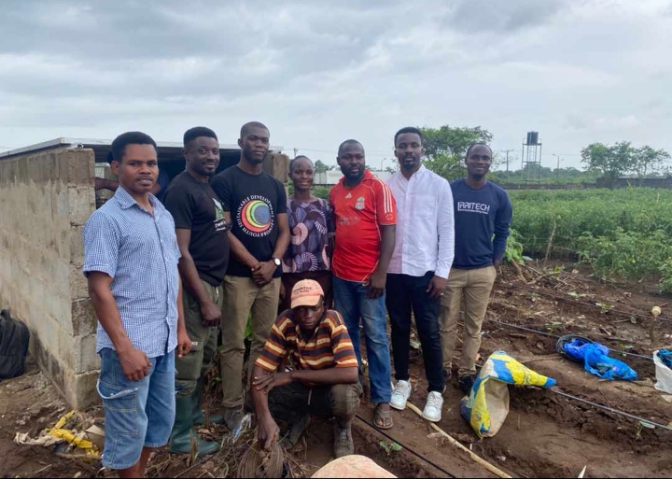
At Eweko Concept as indicated in some of the services we provide, we create an enabling environment for the adoption of technologies and innovations that improves productivity within the value chains, leveraging on grass root experiences and established relationships within the various communities. Deploying tools and methods in creating efficient and sustainable relationships between relevant value chain actors is one of the core competences that we leverage in for building business relationship. These has been proven many times to partners, stakeholders and farmers. Another, one is this relationship facilitated between the Solar Irrigation Company and Epe Agribusiness Cluster.
Components of The Solar System
Component of the Solar System kit Includes:
- DC Submersible Solar Pump (96v, 1.2”, 3m3/h)
- 4 (250W) Pv Panels
- MPPT TRACKER + charge Controller
- Installation Reducers and Joiners
How it works
The panels draw energy from the sun and sends this energy to the MPPT which normalize the available energy to be sufficient for the pump. The pump utilize the power, pull water from your water source into the reservoir or irrigation system.
Advantages of Adopting this innovation
The advantage of solar irrigation are numerous among are:
- Solar power is pollution free and causes no greenhouse gases to be emitted after installation
- Reduced dependence on foreign oil and fossil fuels
- Renewable clean power that is available every day of the year, even cloudy days produce some power
- Return on investment unlike paying for utility bills
- Virtually little or no maintenance as solar panels can last longer
- Creates jobs by employing solar panel manufacturers, solar installers, etc. and in turn helps the economy
- Can be installed virtually anywhere; in a field to on a building
- Use batteries to store extra power for use at night
- Safer than traditional electric current
- Efficiency is always improving so the same size solar that is available today will become more efficient tomorrow
